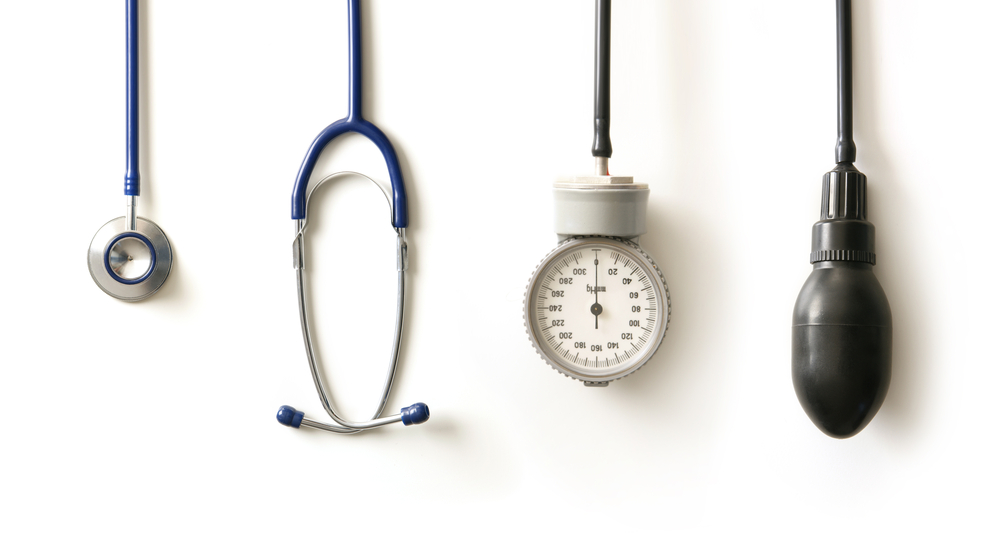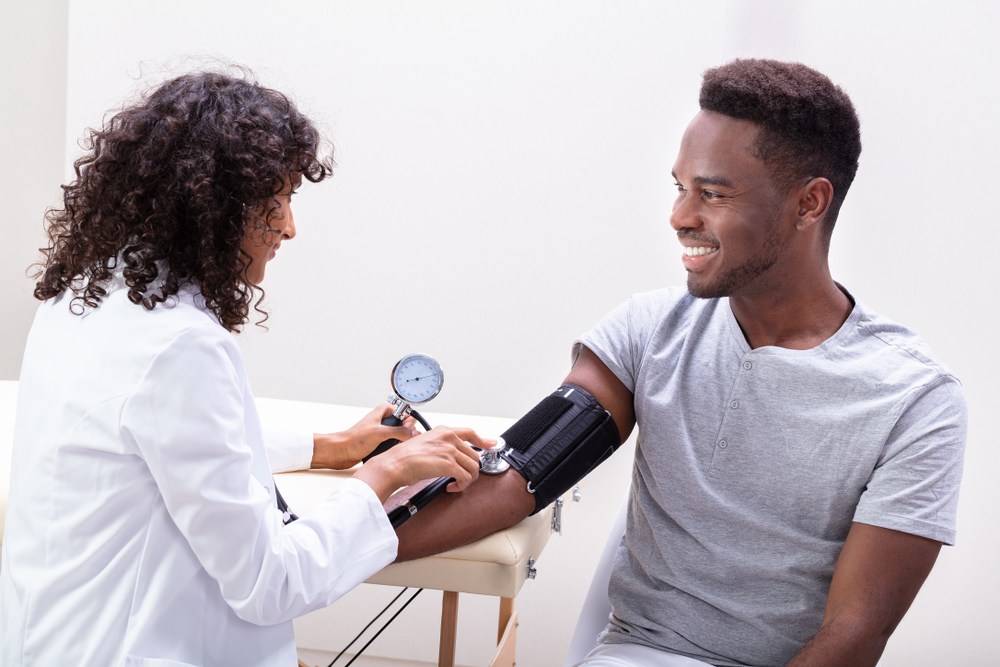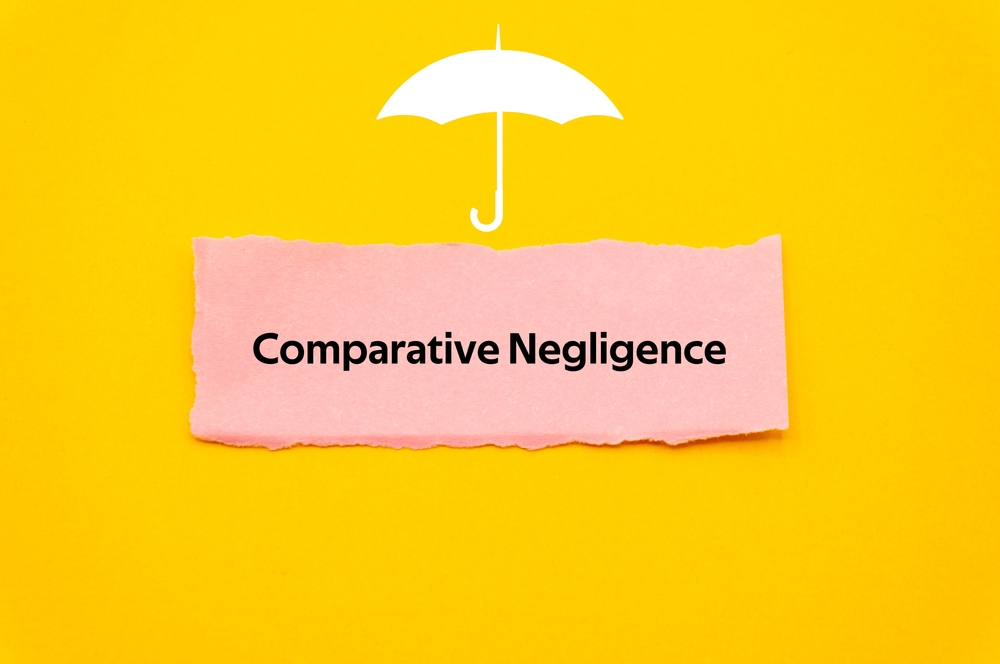The Risks of Relying on Primary Care Doctors After a Car Accident
Understanding the possible risks of relying only on your primary care physician for medical care is crucial if you have been hurt in a vehicle accident. These are the types of mistakes in car accident cases that can be easily avoided. Although many medical disorders can be treated by primary care physicians, they might lack the specialized knowledge and experience required to identify and treat severe injuries sustained in auto accidents. Following a car accident, you shouldn't seek care from your primary care physician alone for the following three reasons: Lack of specialized training: It's possible that primary care physicians lack the specialist knowledge required to identify and treat the complicated injuries brought on by auto accidents. For instance, they might not be knowledgeable about the most recent methods and therapies for neck and back injuries, which are frequently sustained in auto accidents. Inadequate documentation: Primary care physicians might not have the expertise or training required to accurately describe the nature and scope of your injury. In a personal injury lawsuit, this documentation is essential and can be used to back up your claim for compensation. Opportunities for healing that are offered through specialist medical treatments and therapies may go unnoticed if you rely entirely on a primary care physician. For instance, you might not be directed to a specialist who can perform a more thorough diagnosis of your injuries and who can create a particular recovery plan for you. After a car accident, Tucker Law's skilled accident lawyer is aware of how important it is to receive the right medical care. In order to enhance your claim for compensation and to make sure you receive the medical care you require to recover from your [...]






